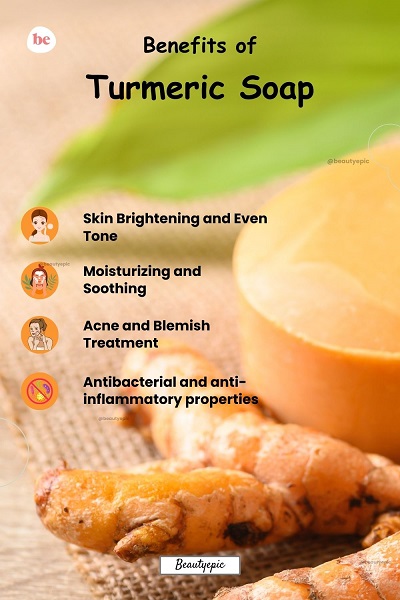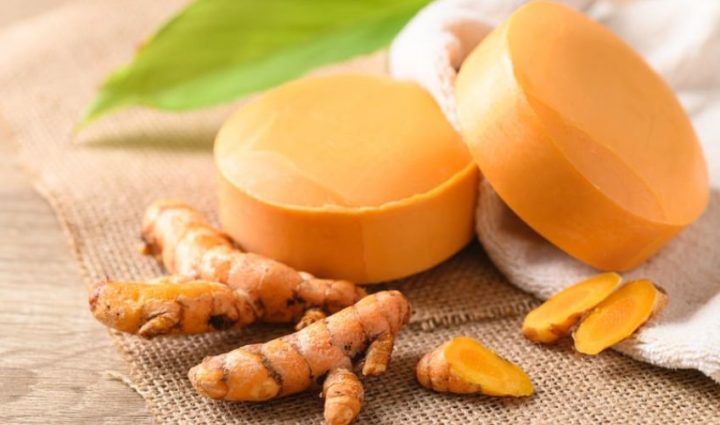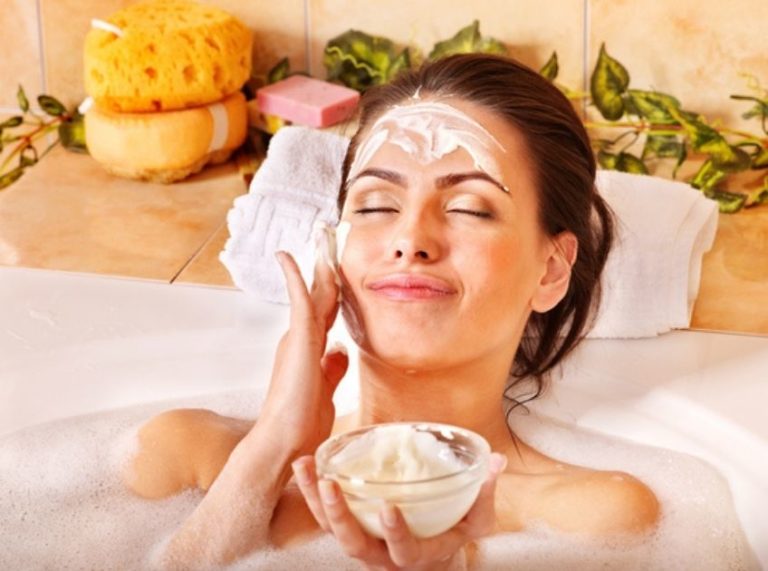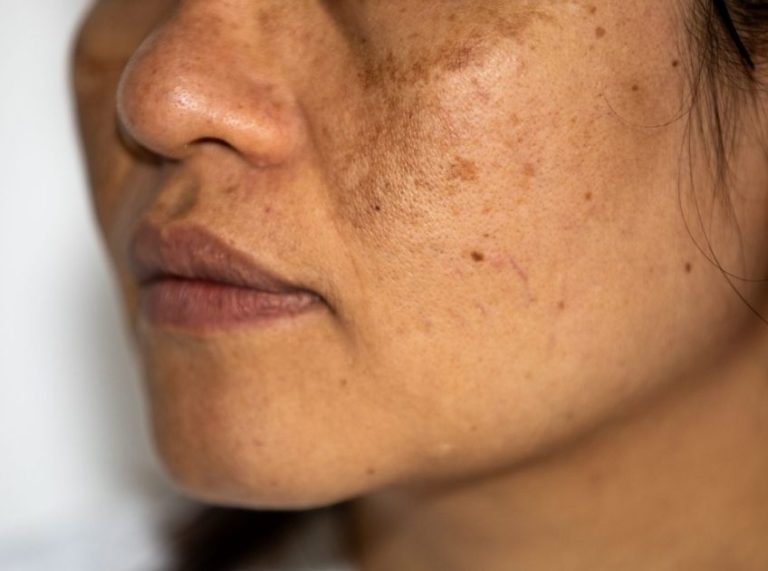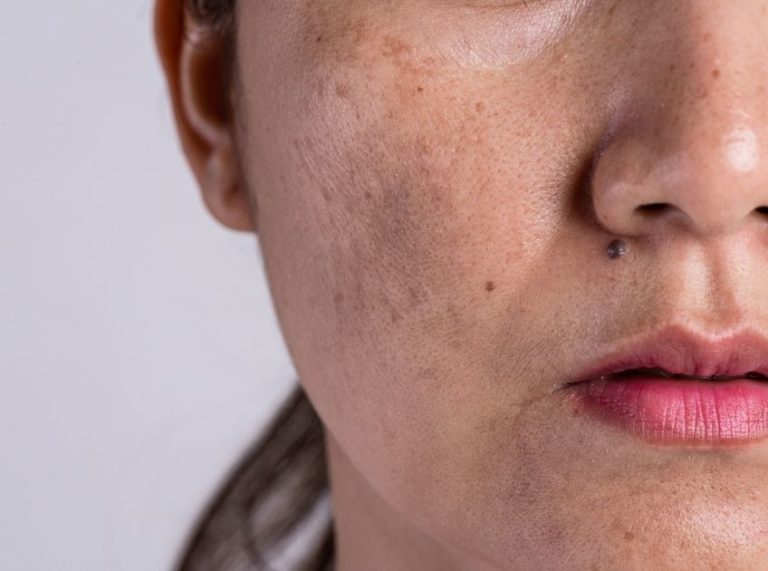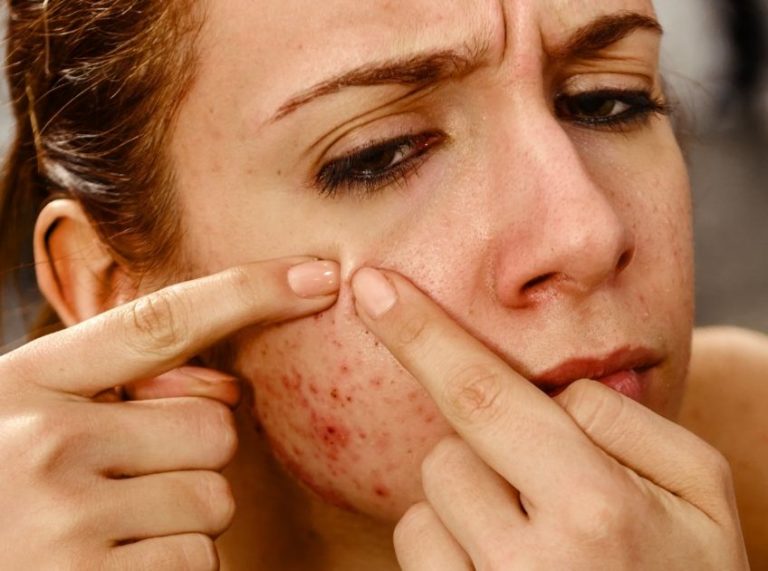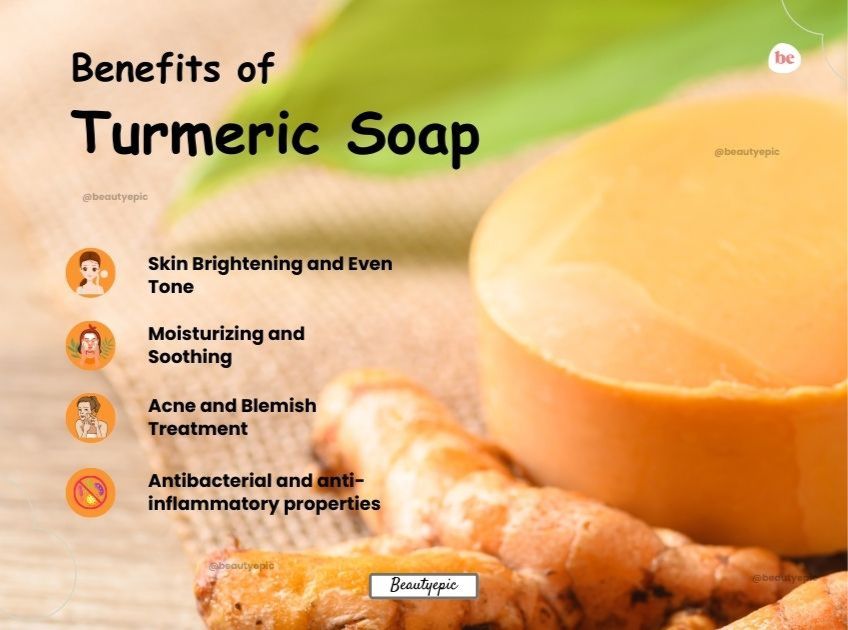
Important: This article is for informational purposes only. Please read our full disclaimer for more details.
Are you tired of dull, uneven skin or recurring breakouts? Turmeric soap is becoming the go-to solution for glowing, healthy skin without harsh chemicals. This ancient Ayurvedic ingredient, known for its powerful healing properties, is now taking over the DIY skincare world.
In this post, explore the skin-loving benefits of turmeric soap, backed by science, and learn how to create two effective DIY recipes tailored for radiant skin at home.
Benefits of Turmeric Soap
Turmeric soap does more than just cleanse—it transforms your skin. Here are the top benefits:
- Brightens complexion: Fades dark spots and enhances skin radiance over time
- Reduces acne: Its anti-inflammatory and antibacterial properties soothe breakouts
- Even out skin tone: Helps reduce hyperpigmentation and discoloration
- Soothes skin conditions: Beneficial for eczema, psoriasis, and itchy patches
- Fights free radicals: Curcumin acts as a powerful antioxidant
- Natural exfoliation: Gently removes dead skin cells for smoother skin
Regular use of turmeric soap promotes a clearer, more even complexion without stripping the skin’s natural moisture.
What’s Inside: The Skin-Transforming Components
Each ingredient in turmeric soap plays a unique role in skin health. Here’s how they work together:
- Turmeric Powder
- Contains curcumin, a compound with anti-inflammatory, antimicrobial, and antioxidant properties
- Helps reduce swelling, redness, and dark patches
- Stimulates blood flow for a natural glow
- Coconut Oil or Shea Butter
- Deeply hydrates dry or flaky skin
- Contains essential fatty acids that improve skin elasticity
- Creates a protective barrier against environmental damage
- Castile Soap Base
- Plant-based and free of harsh detergents
- Cleanses without over-drying
- Safe for sensitive and acne-prone skin
- Essential Oils (Tea Tree, Lavender, etc.)
- Tea Tree Oil: Combats acne-causing bacteria
- Lavender Oil: Soothes irritation and promotes skin healing
- Optional oils: Rosehip (for scars), Frankincense (for aging skin), or Lemon (for brightness)
- Honey
- A natural humectant that attracts and retains moisture
- Antibacterial and calming, perfect for sensitive or breakout-prone skin
- Assists in healing minor wounds and soothing inflammation
The Science Speaks: What Studies Say About These Ingredients
- Curcumin in Turmeric has been widely studied for dermatological benefits (1). A 2016 review in the Journal of Ethnopharmacology reported significant improvements in acne and inflammatory skin conditions.
- A 2019 clinical trial published in Phytotherapy Research found that topical turmeric reduced facial hyperpigmentation in just 4 weeks (2).
- Coconut oil has been proven to have antibacterial and skin barrier-repairing properties (3).
- Honey has been used in wound care for its antimicrobial and soothing effects (4), as confirmed in the Wounds Research Journal.
When to Discontinue Use
While turmeric soap is generally safe, stop using it if you experience:
- Persistent redness or itching
- Allergic reactions (such as swelling or hives)
- Staining that doesn’t fade after washing
Always do a patch test before applying any new soap to your face or body.
Adjust the Ingredients to Suit Your Skin Needs
One of the best parts about homemade soap is the ability to customize it. Here’s how to tweak your formula:
- Dry Skin: Add more shea butter or a few drops of jojoba oil
- Acne-prone skin: Use tea tree oil and reduce heavy oils like coconut oil
- Dull skin: Include lemon essential oil or orange peel powder for brightness
- Sensitive skin: Stick with calming ingredients like calendula and oatmeal
What Skin Types Is Turmeric Soap Best Suited For?
- Oily Skin – Controls excess sebum and clears clogged pores
- Combination Skin – Balances oil while keeping dry areas moisturized
- Acne-Prone Skin – Reduces redness, swelling, and bacterial buildup
- Normal Skin – Maintains glow and hydration
⚠️ Sensitive skin types should use a milder version and test before full use.
Is Turmeric Soap Safe for Daily Use?
Yes, turmeric soap is safe for most people, but moderation is key.
- Use once daily to begin with
- Avoid rubbing too hard on the face or delicate areas
- Reduce usage if you notice dryness or skin tightness
DIY #1: Turmeric Acne-Fighter Soap for Clear Skin
A clarifying formula designed to calm breakouts and fade blemishes.
Ingredients:
- 1 cup melt-and-pour glycerin soap base
- 1 tsp turmeric powder
- 10 drops of tea tree essential oil
- 1 tsp honey
Directions:
- Melt soap base in a double boiler.
- Stir in turmeric, honey, and essential oil.
- Pour into molds and allow to set for 4–6 hours.
How to Apply:
- Wet your skin with lukewarm water
- Rub the soap directly onto skin or lather in hands
- Leave on for 1–2 minutes
- Rinse off and moisturize
DIY #2: Glowing Skin Turmeric Soap for Dry & Dull Skin
This rich, nourishing blend brightens skin while providing deep moisture.
Ingredients:
- 1 cup shea butter melt-and-pour soap base
- 1 tsp turmeric powder
- 1 tsp almond oil
- 8 drops lavender essential oil
Directions:
- Melt the soap base completely
- Mix in turmeric, almond oil, and lavender
- Pour into soap molds and let them cool fully
How to Apply:
- Use in the shower or as a facial cleanser
- Massage lather onto damp skin
- Leave for 1–2 minutes
- Rinse off thoroughly
Frequently Asked Questions (FAQ’S)
1. Does turmeric soap stain the skin?
A. A slight yellow tint may occur, but usually washes off. Use a moderate amount of turmeric (around 1 tsp per soap bar).
2. How long before I see results?
A. Most people notice a visible glow and smoother texture within 1–2 weeks. Hyperpigmentation may take longer.
3. Can I use turmeric soap every day?
A. Yes, but sensitive skin users should begin with 2–3 times a week, then increase based on tolerance.
Turmeric soap is more than just a skincare trend—it’s a time-tested, scientifically backed natural solution for brighter, clearer, and healthier skin. Whether you’re battling acne, dullness, or uneven tone, turmeric’s healing properties can help restore your glow.
